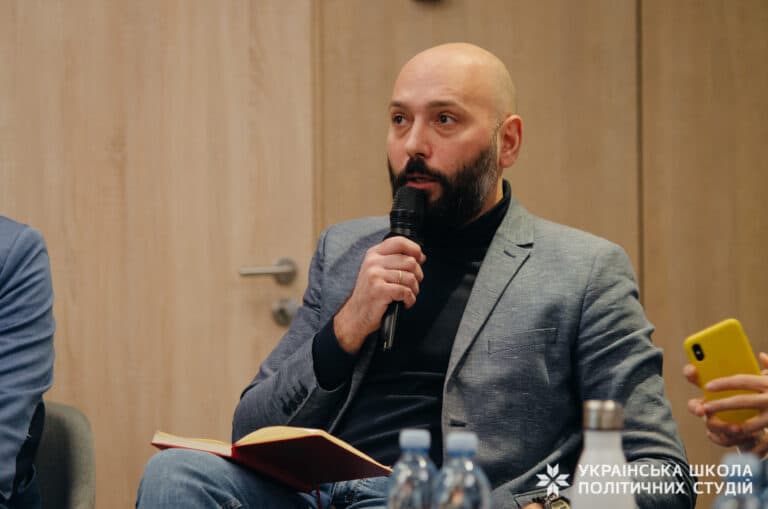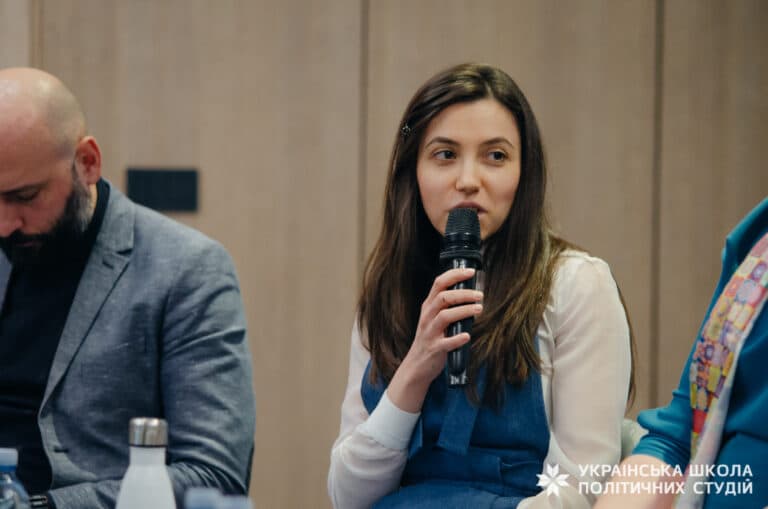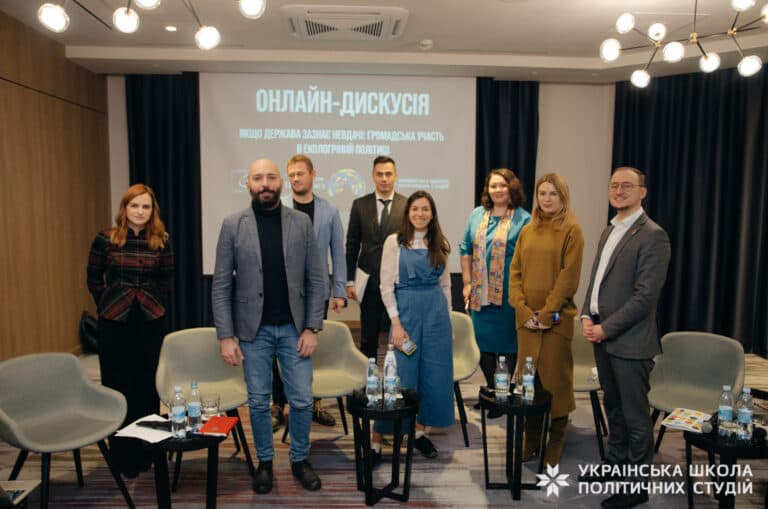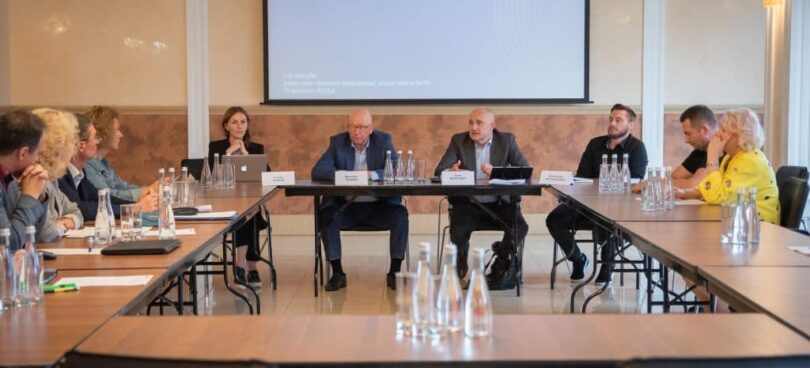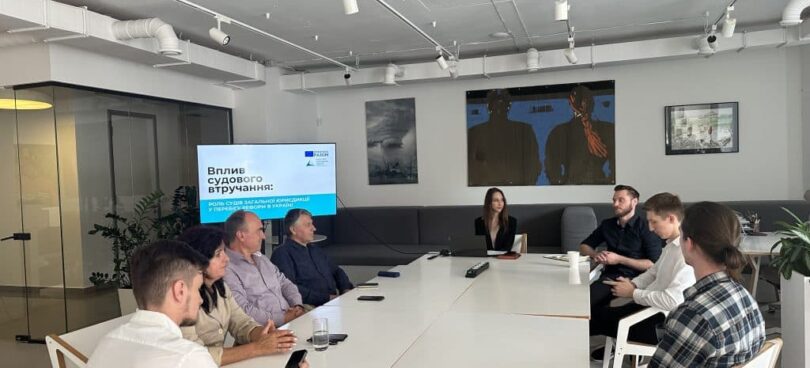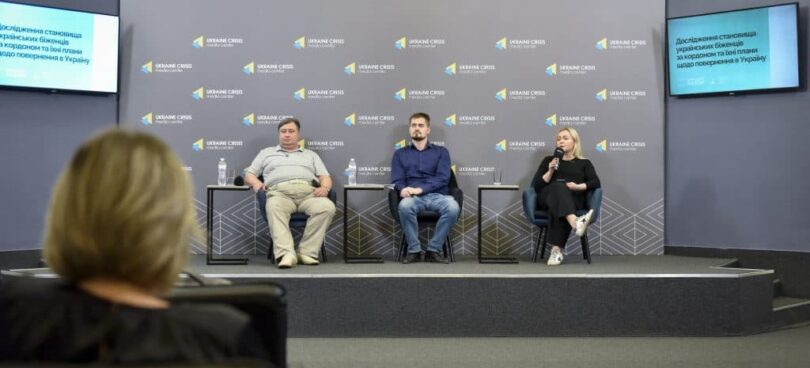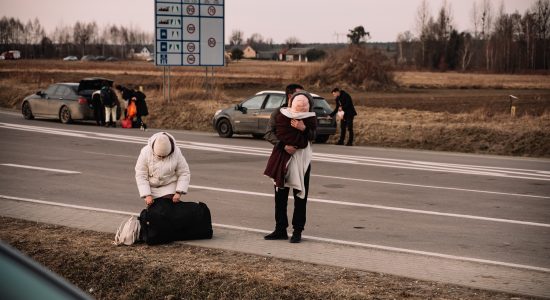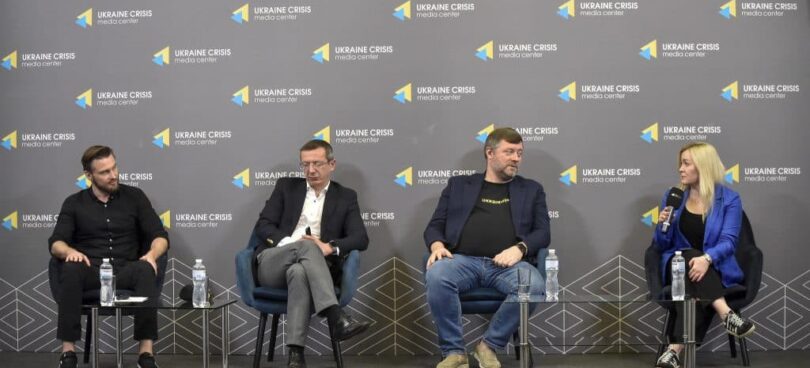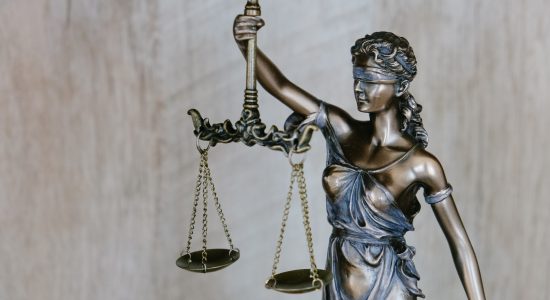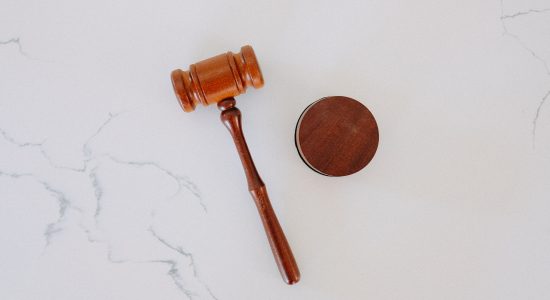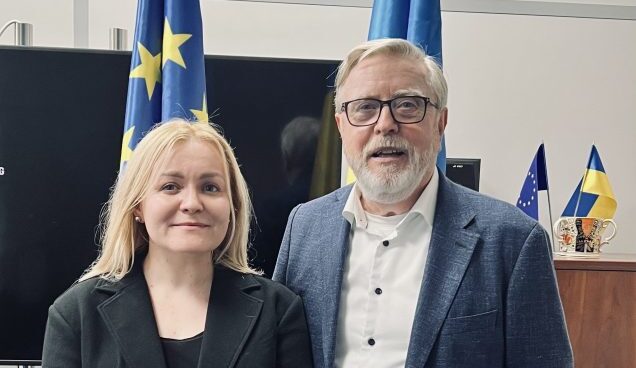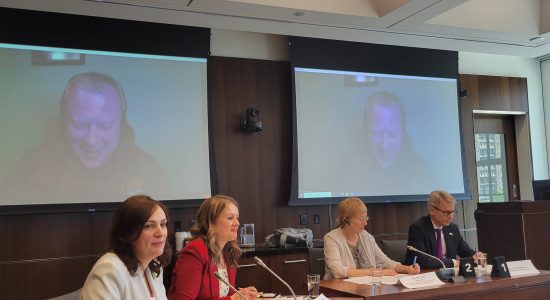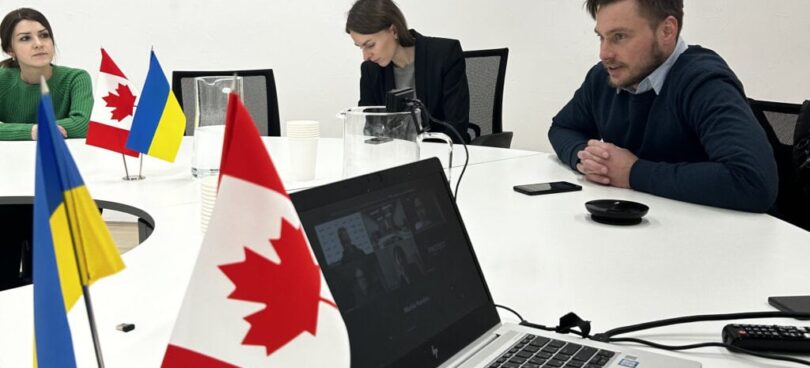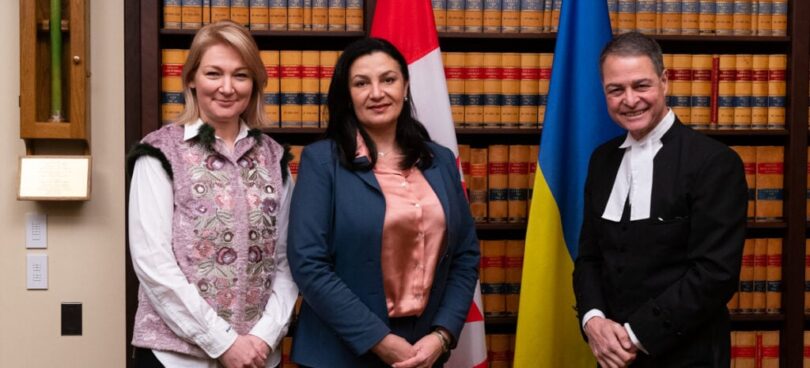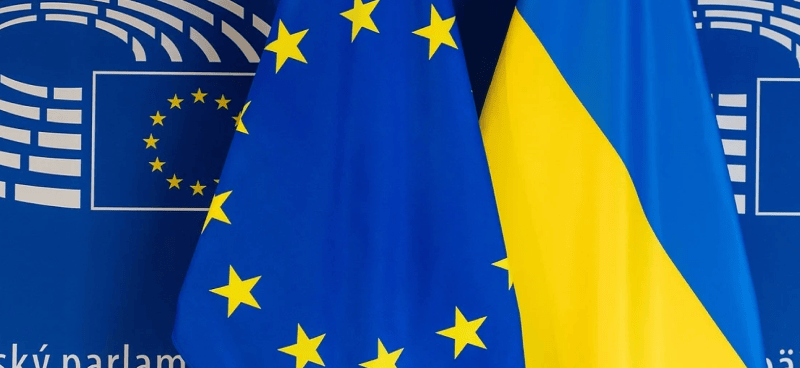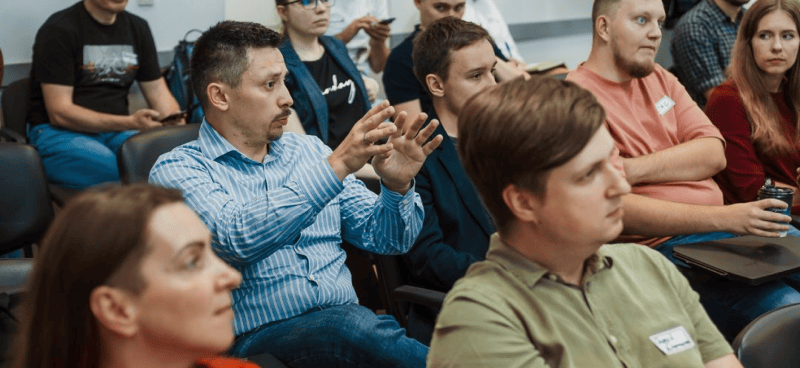On December 8, as part of the World Forum for Democracy, the Ukrainian School of Political Studies held an online discussion “If the State Fails: Public Participation in Environmental Policy”.
The World Forum for Democracy is an integral part of the USPS program. Every year, in Strasbourg, the Council of Europe holds a large-scale discussion on a particular issue. However, this time, due to the COVID-19 pandemic, the World Forum for Democracy was moved online. But this does not mean that the discussions have stopped and the problems have ended. This time the Forum will last for the next 12 months, during which participants will try to answer one question – can democracy save the environment?
In the online discussion from the Ukrainian School of Political Studies participated civic activists who have created large-scale environmental projects for Ukraine and government officials. Together, they tried to decide how the state and the public should interact to solve environmental problems. The conversation was moderated by Denys Kazanskyi, Journalist and environmental activist.
Experts agreed that today, unfortunately, environmental initiatives in Ukraine replace the functions of the state.
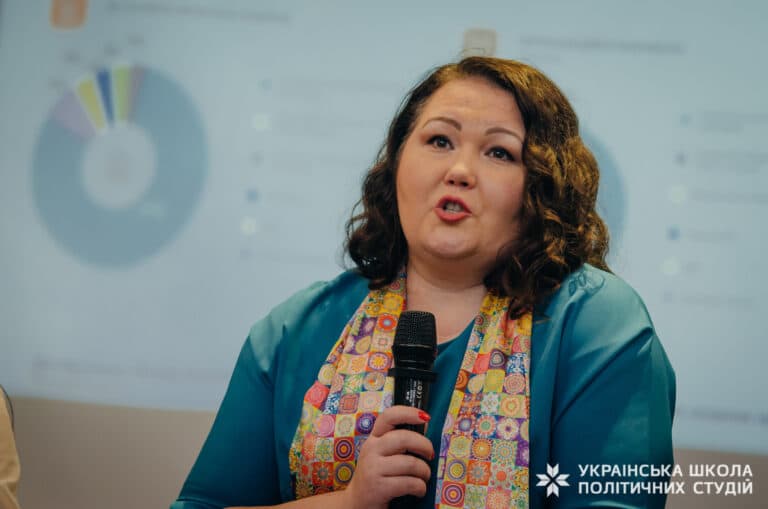
According to the speaker, environmental initiatives in Ukraine are similar to startups. Their goal is to create a certain public good. And society must decide how to support these organizations to ensure their sustainability.
In turn, Maksym Borodin, Environmental activist and member of the Mariupol City Council, spoke about his environmental protest experience in the struggle for clean air with industrial enterprises in Mariupol. Due to the pressure, Mariupol residents managed to force large industrial facilities to start modernizing their equipment. However, the speaker is sure that protests are a temporary means of influence.
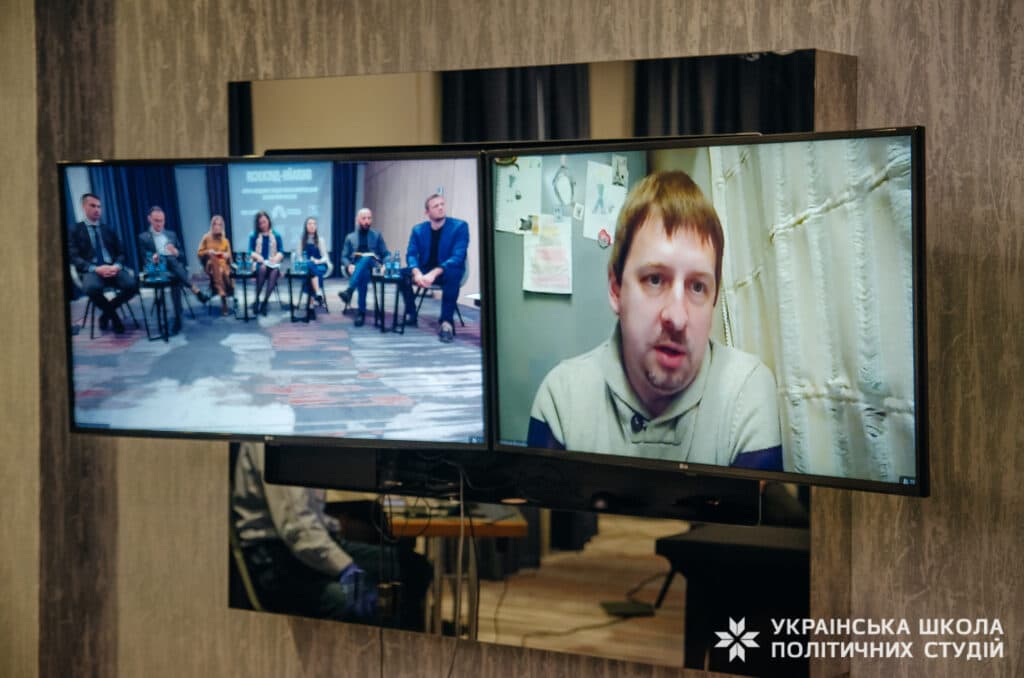
The next speaker, Artem Romanyukov, is USPS alumnus and co-founder of the environmental chatbot Saveecobot, which already has more than 1 million active users. After several years of working to make it easier to breathe in his hometown, Dnipro, the speaker is convinced that environmental activities should start with education.
Lyubov Kolosovska, co-founder and director of the organization “Batteries, surrender!” (a project that collects batteries and organizes the recycling process) and USPS alumna, noted the importance of the financial component of environmental activism.
According to the expert, if the polluter can simply buy off, it is the avoidance of responsibility because responsibility relies entirely on the state. Instead, the state should delegate responsibility and authority to other entities, such as garbage-producing businesses, so that they can contribute to solving the problem themselves. The state should only control this process.
Head of Ukraine’s state ecological inspection service (2019-2020) and Head of the “Environmental Alternative” political party Yegor Firsov, in contrast, is convinced that neither democracy nor activism can solve environmental issues.
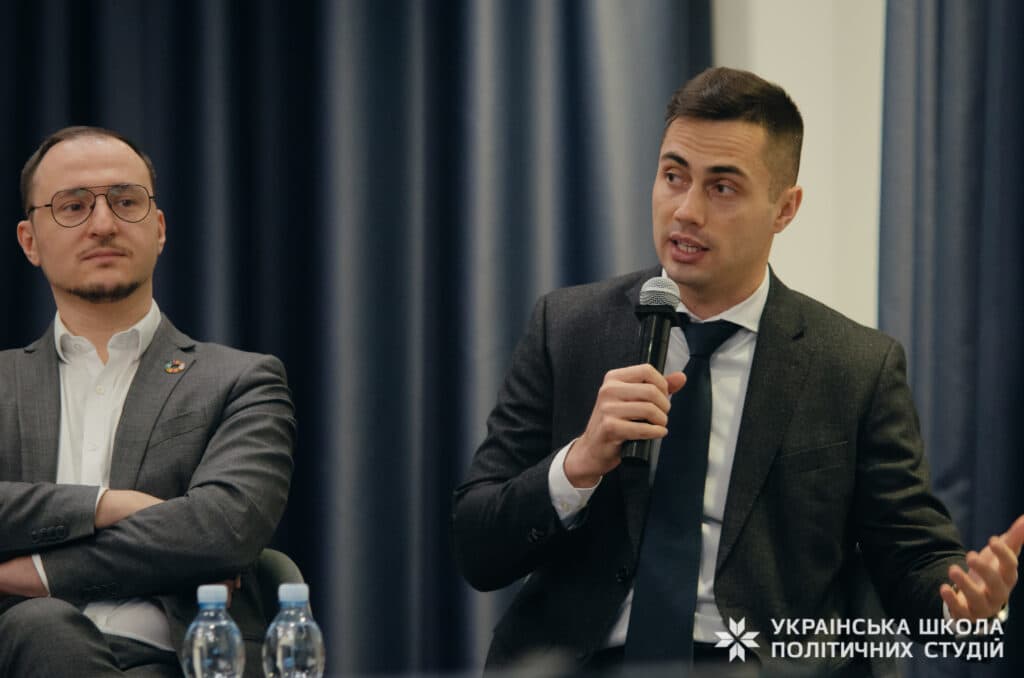
Lesya Vasylenko, Member of the Verkhovna Rada Committee on Environmental Policy and Nature Management and USPS Parliamentary Program alumna, noted that synergy, coordination, and cooperation are needed to solve environmental problems.
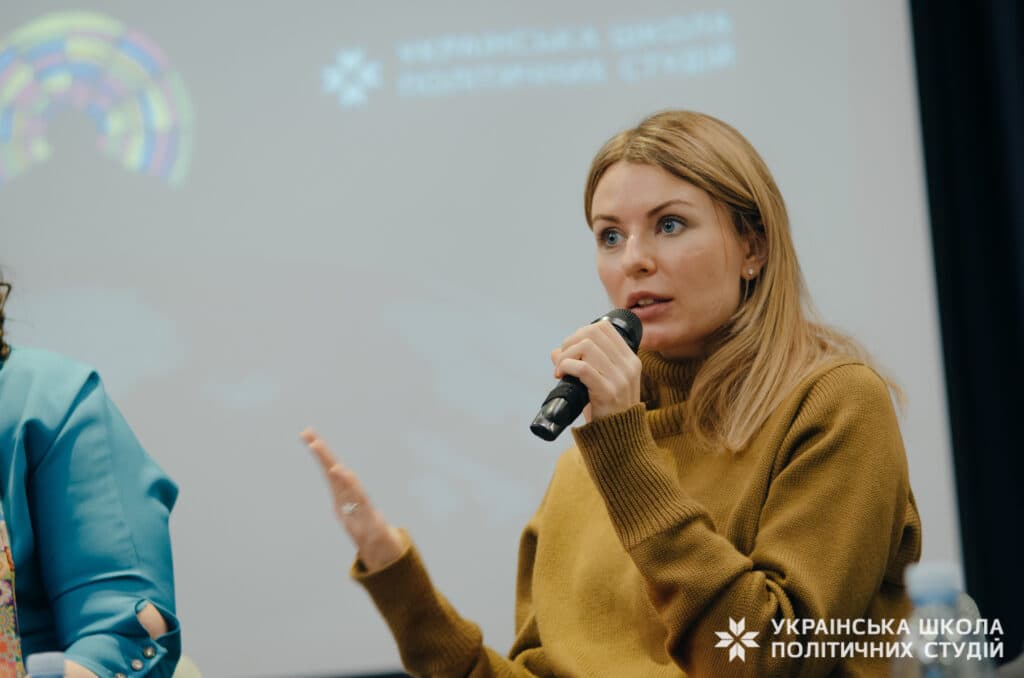
Oleksandr Marikovsky, Deputy Chairman of the Verkhovna Rada Committee on Environmental Policy and Nature Management and USPS alumnus, also participated in the discussion. According to him, the fight against environmental problems depends on values.
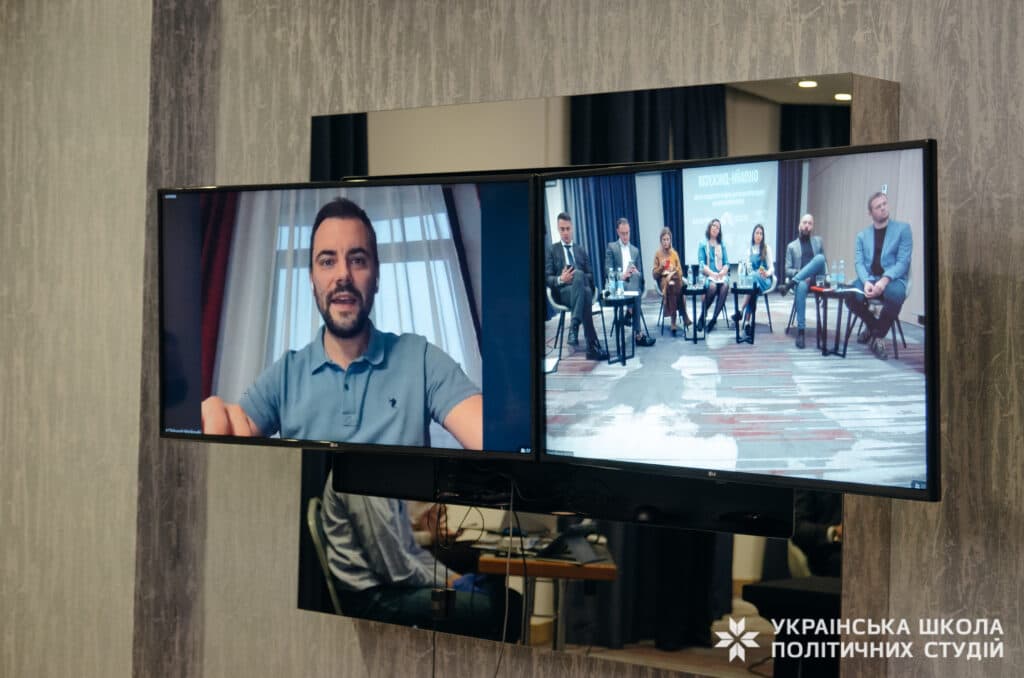
In turn, Oleksiy Ryabchyn, Adviser to the Minister of Environmental Protection, Adviser to the Deputy Prime Minister on European Integration, and USPS alumnus, shared his experience of cooperation between civil society and the state in environmental issues.
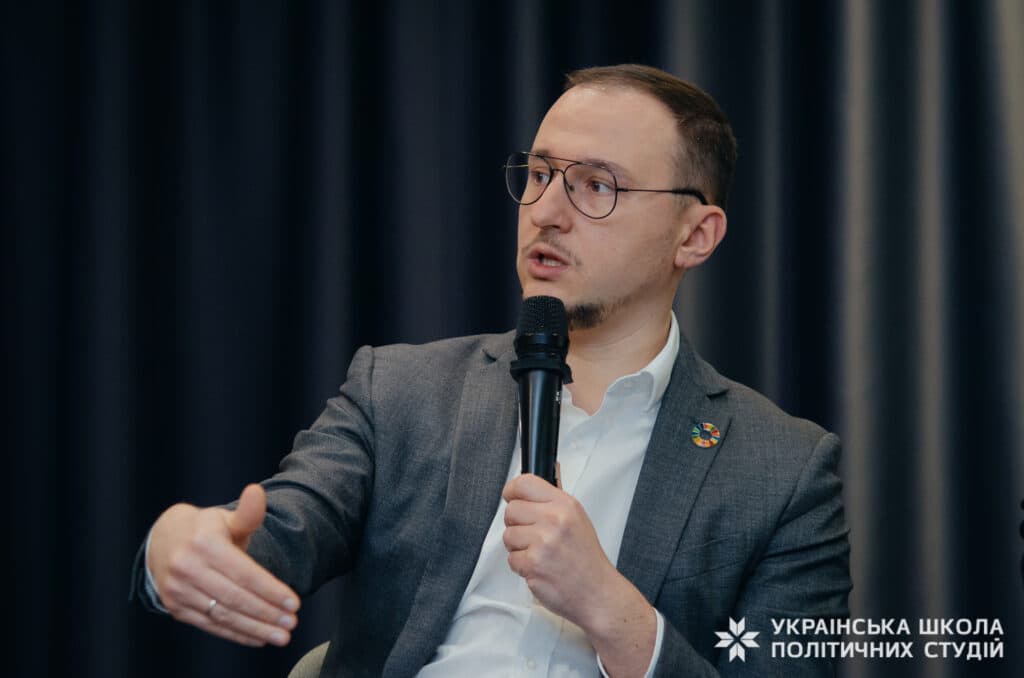
The discussion participants concluded that it is necessary to look for new ways of interaction between environmental activists and the state to achieve results not only through pressure, protests, demands, and crowdfunding initiatives. The state must provide support to civic environmental organizations and take over the functions of monitoring and control over Ukraine’s environmental situation, as no one else in the country has the authority to do so.
The state should be a partner for civic initiatives. This is not happening yet, but we must strive to share environmental pollution responsibility, not to avoid it. Representatives of civic organizations expressed readiness to assist the state on environmental issues.
